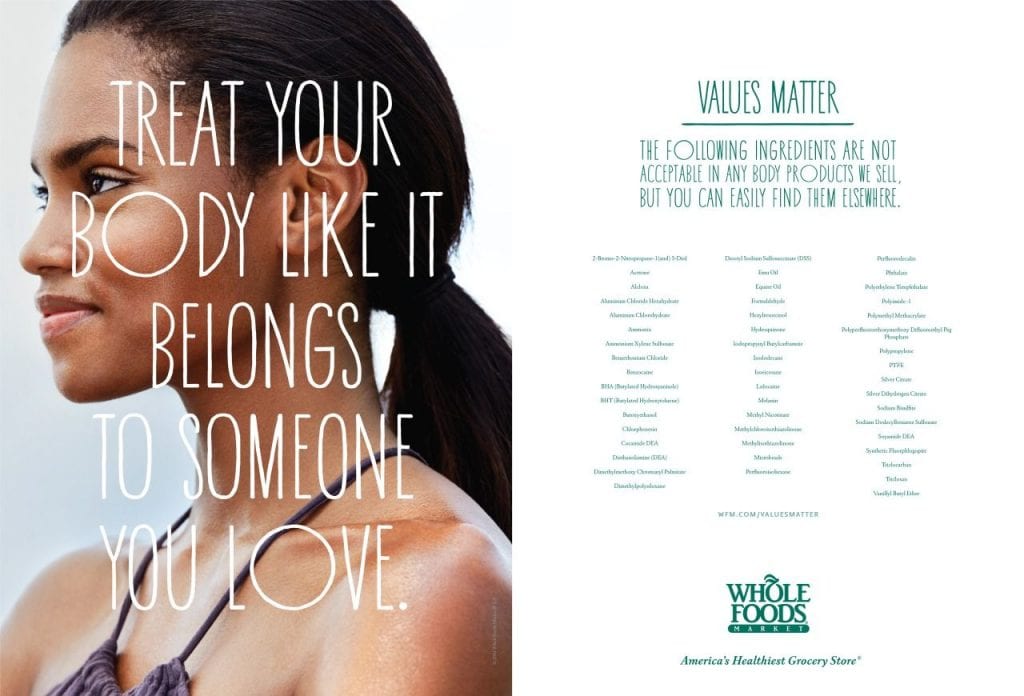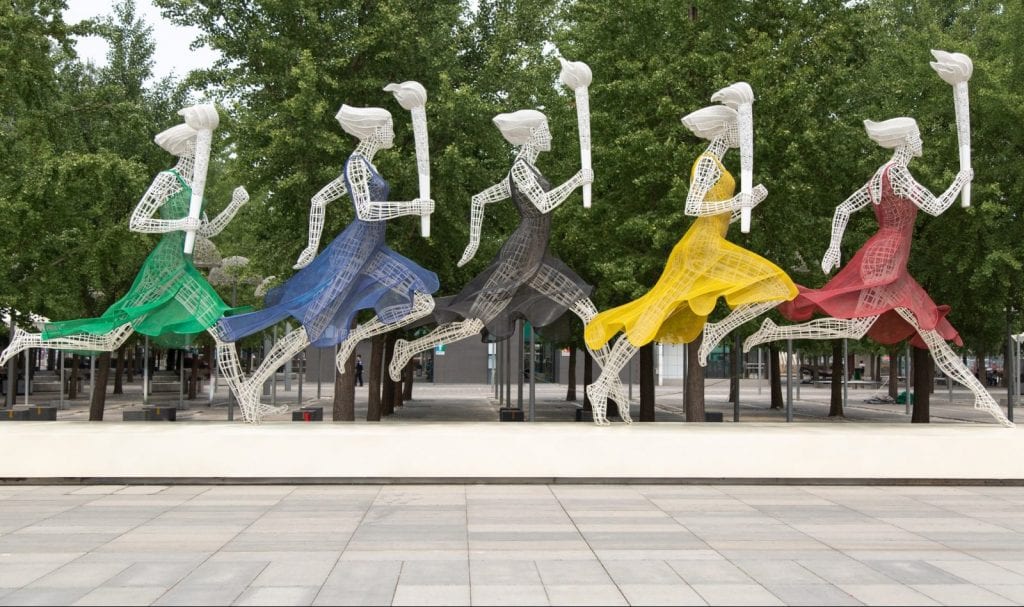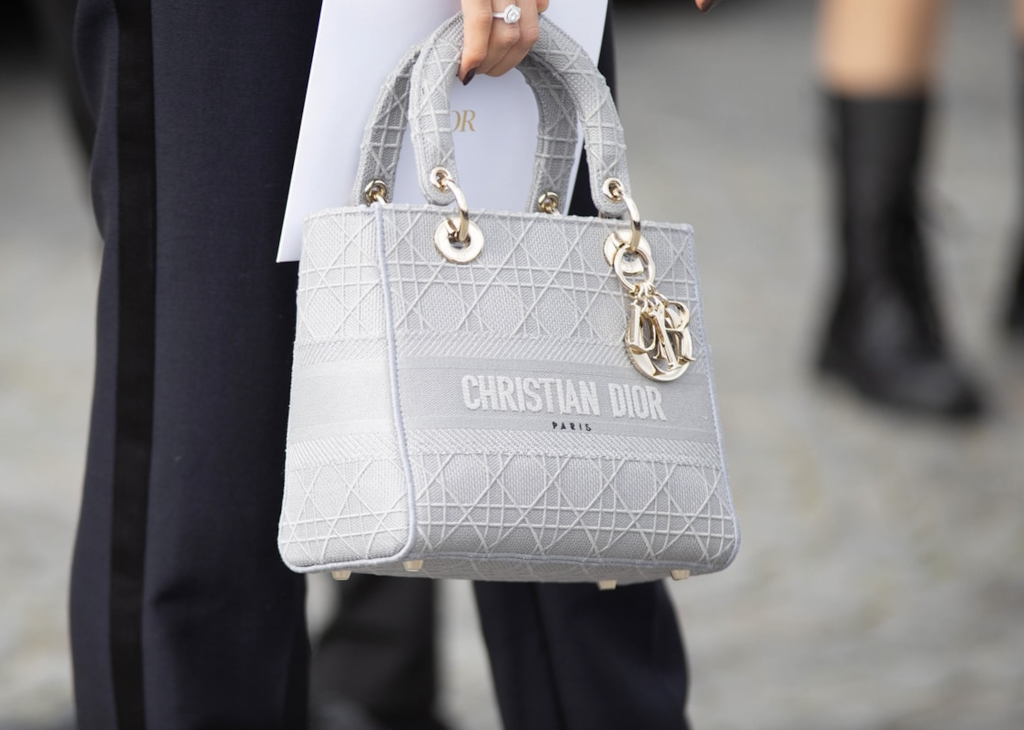Whole Foods wants the lawsuit filed against it by a handful of current and former employees for allegedly “disciplining employees” in stores across the U.S. “for wearing Black Lives Matter masks” during their shifts tossed out of court in its entirety. According to the motion to dismiss filed by the Amazon-owned grocery chain, the case “is not [about] whether support for Black Lives Matter is important and laudable.” Instead, it is about whether “Title VII nullifies a facially neutral dress code policy that prohibits the wearing of slogans and messages on clothing in the workplace.”
In response to the racial discrimination and retaliation lawsuit that nearly 30 Whole Foods employees (the complaint was amended to include almost 15 more employees) filed against it in a federal court in Massachusetts in July on the basis that Whole Foods is enforcing its dress code policy, which prohibits employees from wearing garments and accessories that bear non-company-related messages, in a discriminatory manner (i.e., against Black Lives Matter messages but not others, such as LGBTQ causes), Whole Foods claims that the plaintiffs fail to make their case.
To be exact, counsel for Whole Foods asserts in its motion to dismiss and corresponding memo that the plaintiffs – who work at the company’s outposts in Massachusetts, New Hampshire, Washington, and California – “wrongfully presume that Title VII [of the Civil Rights Act of 1964], which addresses discrimination on account of an employee’s race, entitles them to display messages on their masks or clothing in the workplace.” Whole Foods argues that such a presumption fails on two accounts.
Primarily, the plaintiffs “acknowledge in their amended complaint [that] they failed to exhaust their administrative remedies with the U.S. Equal Employment Opportunity Commission” before filing suit, thereby, “precluding them” – from a procedural standpoint – “from pursuing claims before this court.” Second, Whole Foods claims that the they “fail to state a cognizable claim for relief” because Title VII “does not provide a platform for socially-conscious speech,” such as wearing Black Lives Matter masks.
What the statute does prohibit is “discrimination against an employee on account of his or her race,” which is not what happened and “is not what the plaintiffs are alleging,” per Whole Foods.
According to the motion to dismiss, the plaintiffs acknowledge that Whole Foods’ “dress code was uniformly enforced [against] both Black and non-Black employees” since Whole Foods did not make “any employment decisions based on the race of the employee wearing any particular clothing item,” presumably given that white employees were disciplined for wearing Black Lives Matter masks. For example, Savannah Kinzer, a white plaintiff, asserted in the complaint that she was fired for organizing the mask-wearing initiative. (A representative for Whole Foods says that Kinzer was fired for being late to and/or missing shifts).
Given that it enforced the policy regardless of race, the grocery giant asserts that the plaintiffs have failed to establish that it is on the hook for racial discrimination in violation of Title VII, and “thus, their discrimination claim fails as a matter of law.”
Beyond that, the plaintiffs’ attempt “to rely on a theory of ‘associational’ discrimination, i.e., that the plaintiffs were subjected to discrimination because they associated with Black employees,” similarly falls short, Whole Foods asserts. “Legitimate associational discrimination claims are premised upon allegations that an employee was subjected to discrimination because of his or her association with someone from another racial group.”
In the case at hand, the plaintiffs “do not allege, however, that they were mistreated because of their association with members of a different racial group. Rather, they contend that they were subjected to discipline because of their identification with a cause that is supported by many people of different races, including co-workers.”
With this in mind, Whole Foods has asked the court to dismiss the case in its entirety.
*The case is Suverino Frith et al v. Whole Foods Market Inc, 1:20-cv-11358 (D. Mass.).











